#1 Restrictive Use Of Camouflage
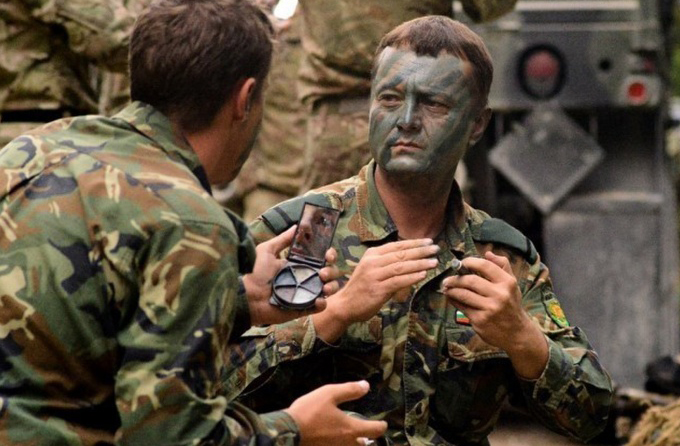
What could go wrong with camouflage? Well, something very specific could go wrong as it turns out. There's a restriction about camouflage and its uses in the military, specifically within the United States Army. The U.S. Army regulation says wearing camouflage is a no go in any weather situation below -10°F. Evidently, it works too well. The camouflage hides cold-weather injuries (think frostbite).
#2 No Hairnets In The Field
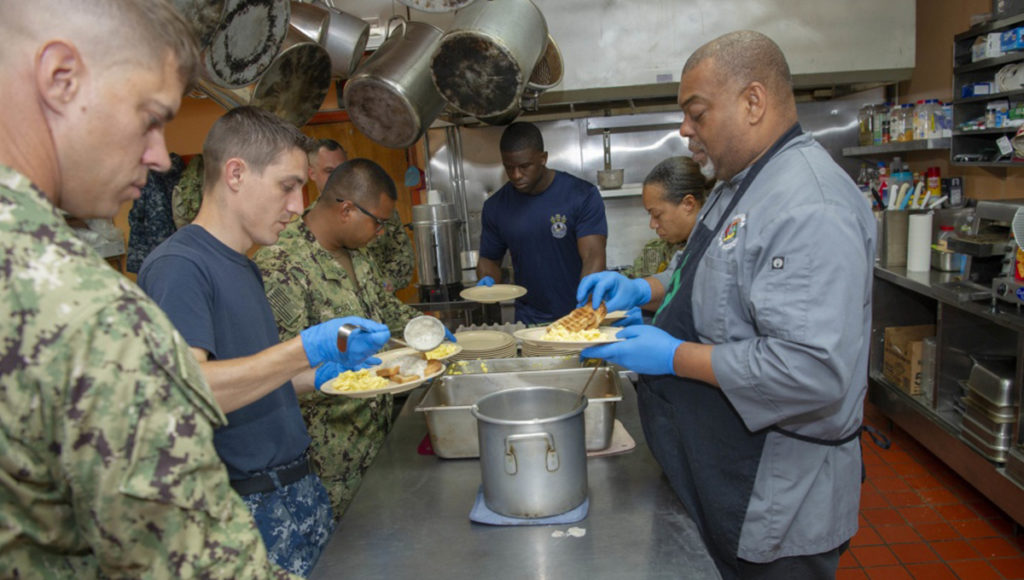
It's odd that this is a rule, because we can’t understand why anyone would want to wear hairnet of their own accord. However, if you're in the U.S. Army and do get a notion to do so, you’re out of luck. The Army forbids wearing them unless you are cooking in the kitchen. The same is true for other types of hair coverings, too. More on that in a minute.
#3 Nap Often
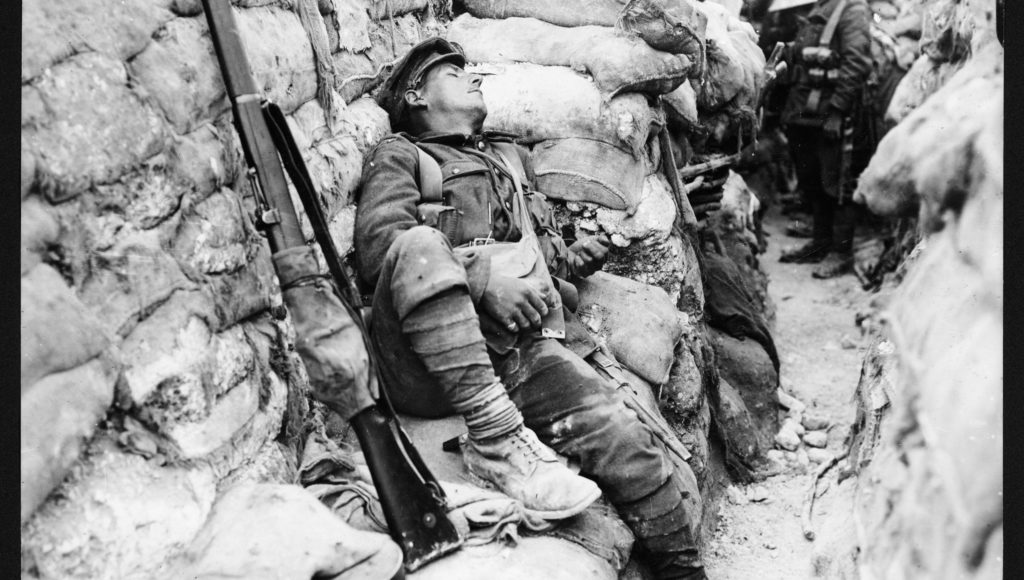
Most of us think of the Army in terms of basic war function. Keep the soldiers supplied with food, ammunition, and water so they can do their job. However, sleep ranks top of the list as a commodity. The Army really believes you need eight hours and you can even break those hours up into naps. Their findings have proven the immediate and long-term benefits of a nap. Turns out, those benefits last about two days.
#4 Keep Dry
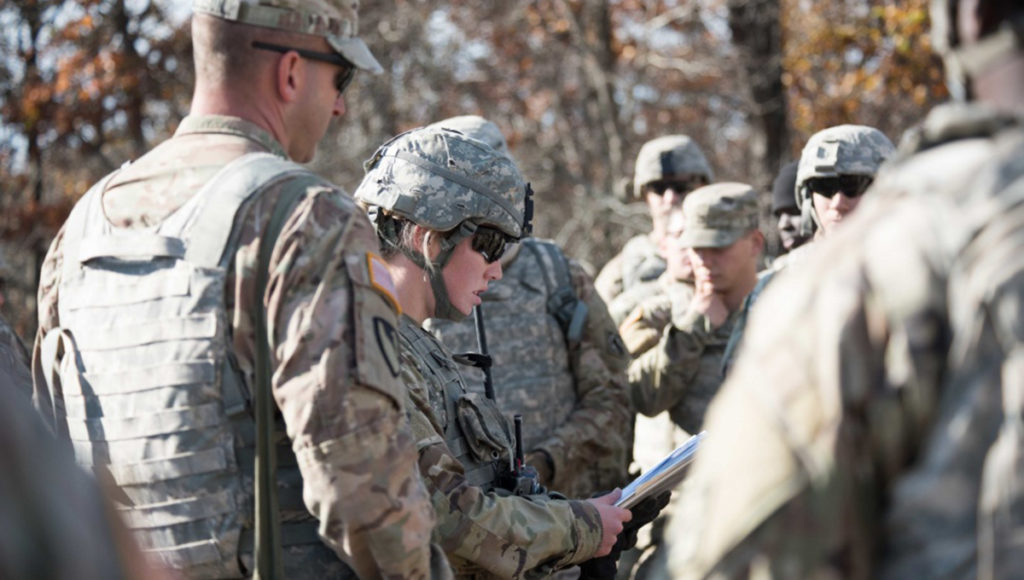
Military commanders despise moisture. Anything wet can lead to bad smells, health problems, and infection. Therefore, the Army is a fan of body powder application. Specifically paying attention to underarms, feet, buttocks, thighs, and breasts. Dry equals happy and infection free.
#5 Strict Personal Cleanliness
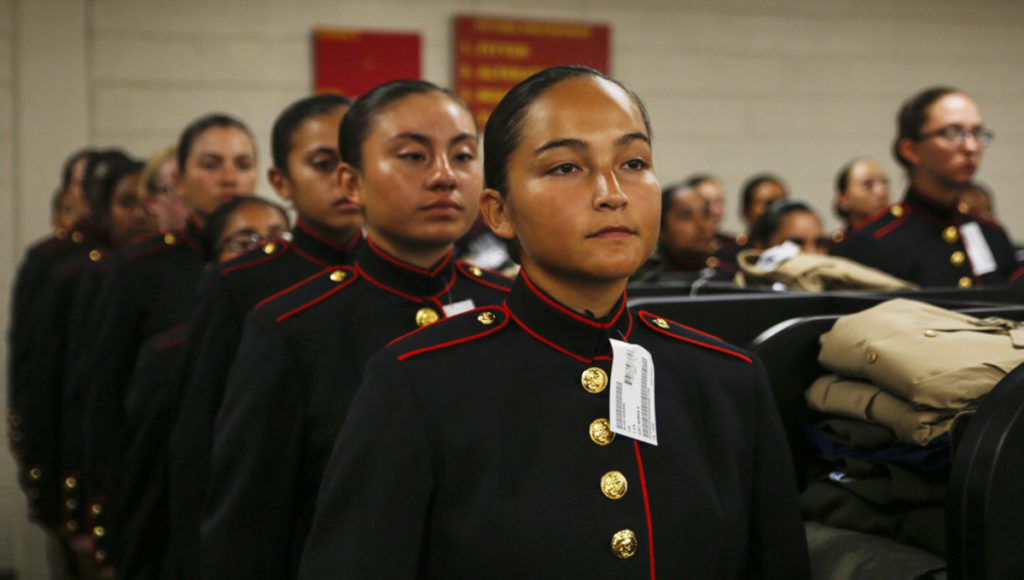
We’re all for good hygiene, but sometimes the Armed Forces have too much to say about personal cleanliness. Take the Marines for instance. Female soldiers are not allowed to douche in the field. That’s right, it is forbidden. Unless you are expressly told to do so by a medic, then you get a pass.
#6 Stay Hydrated
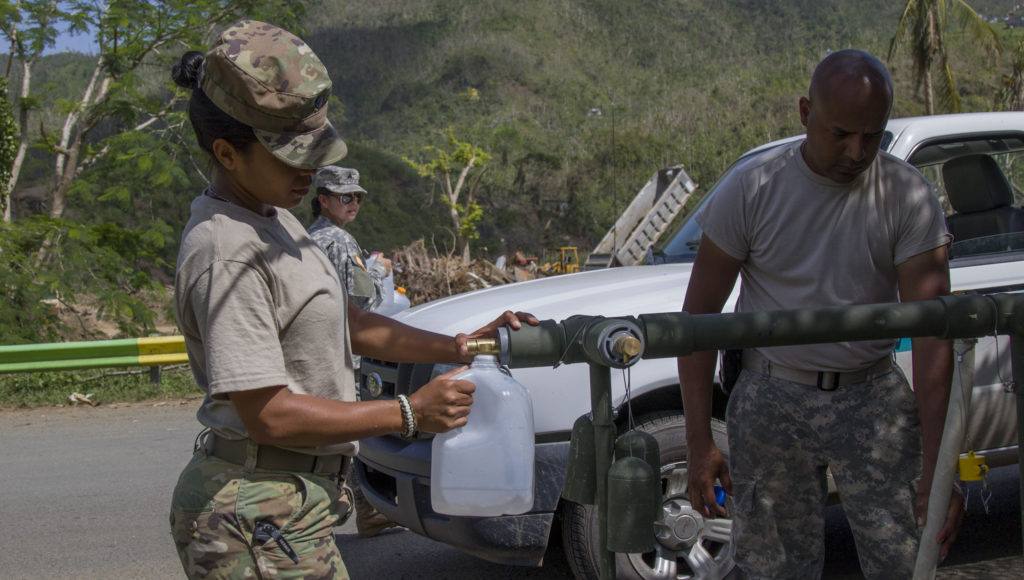
It’s relatively easy to die from dehydration. In fact, it’s the second leading cause of death in the military next to a battle wound. To compound the problem, soldiers are known for holding it when they feel the urge. Obviously, this could perfectly set the stage for a nasty urinary tract infection. Therefore, be a good Marine and relieve yourself as need be.
#7 Keep It Cut
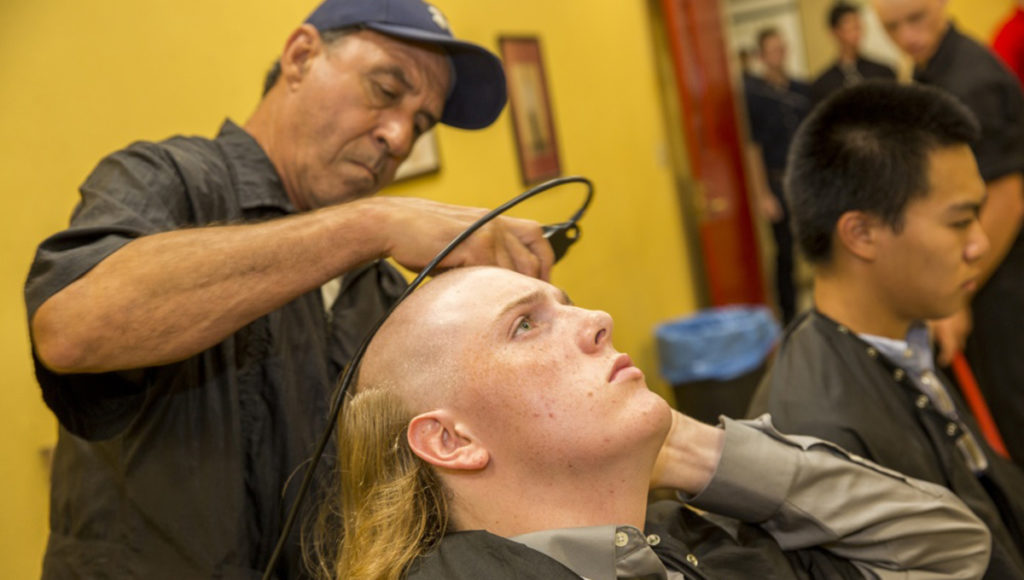
Short hair has been a staple of the military since its inception. However, how do soldiers keep that fresh short haircut? The answer is a new cut every two weeks (one week if you are a Marine). Sure, it might differ between the Air Force and the Navy, but the general standard seems to be about every 14 days. The good news for soldiers? The haircut is free.
#8 Be Mindful Of Poop
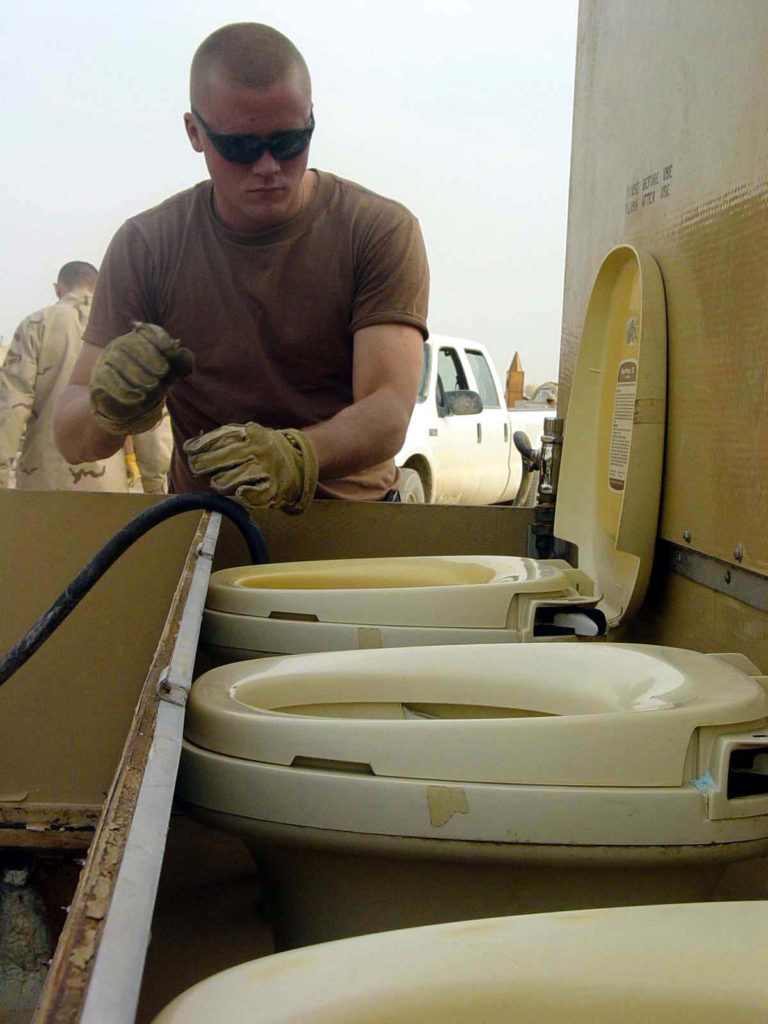
Naturally, the U.S. Army deals with human waste about as strict as it does new cadets. The reason is simple. If waste is handled improperly disease could take over. Therefore, they have several ways for disposal. Burning used to be acceptable, but new regulations call for excrement-transportation back to base, or contracting a third-party for proper removal.
#9 Always Be Reflective
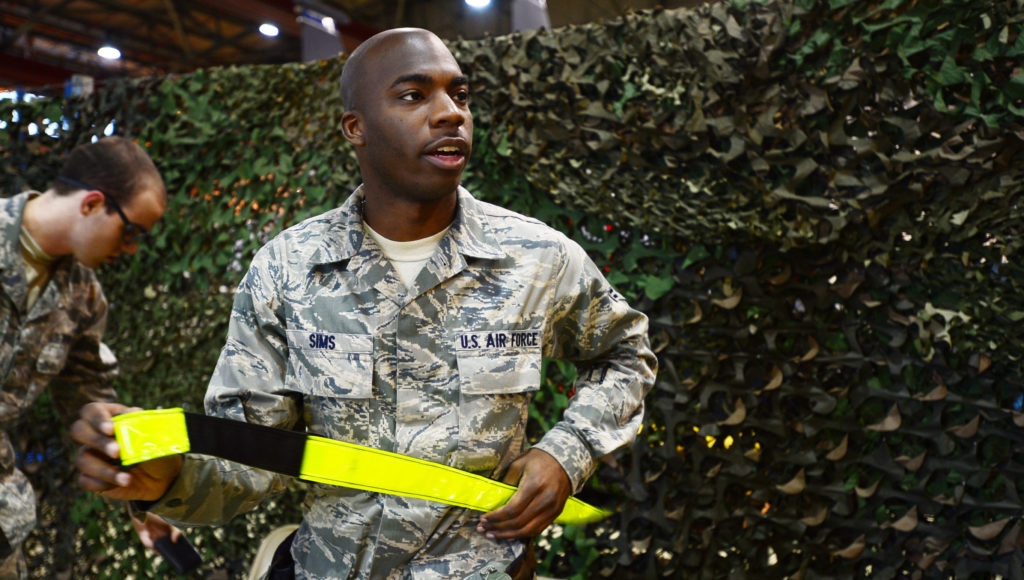
Some regulations for military service personnel state that reflective gear is mandatory. Seriously though? Is it wise to have orange or yellow reflective belts during training exercises? Obviously, if someone is standing in the middle-of-the-road in a foreign country conducting traffic, we completely understand. Even more so if they are in the middle of a live training exercise. Other than that, reflective gear at all times? Seems a bit much.
#10 Preferred Parking

Seems like it’s not just the handicap who benefit from preferred parking - at least, in the military. If you are at the top of the food chain so to speak, then you get choice spots at the commissary. And while it may be a bit embarrassing parking next to expectant mothers and service members in wheelchairs, if you’ve worked your way up to the top of the pile, you earned a spot.
#11 Wash Your Hands
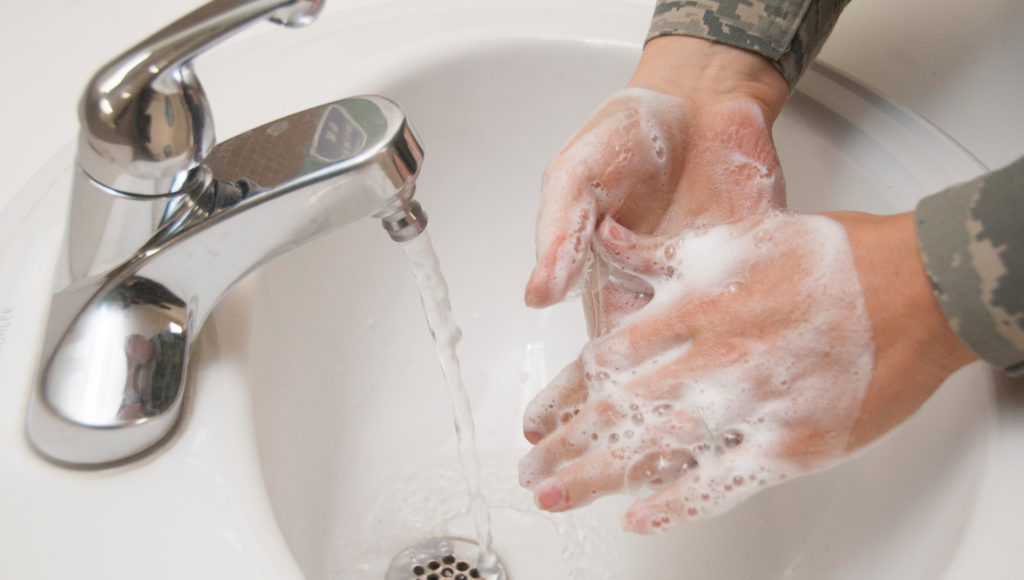
Being a member of the Armed Forces requires an insane amount of handwashing. In fact, the Army hygiene manual says you have to wash your hands before eating, after eating, after using the restroom, before handling food, after contact with local, native plant life, frequently during the day to keep germs away, after handling anything that could potentially carry germs, and after any physical contact with local people. Whoever gets the soap subcontract for the government is in the money, that’s all we can say.
#12 Animal Mascots Are Forbidden
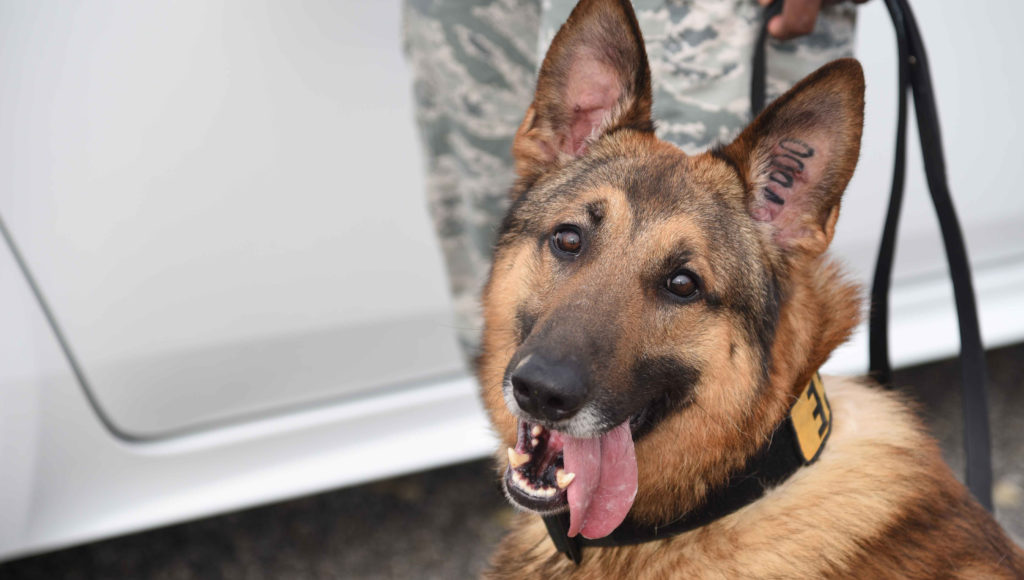
We all love animal mascots, but you better not take yours to the field if you’re in the Army. That’s right, mascots are banned because they might attract unwanted animals and have the potential to spread disease. So as much as you love your favorite team animal, they can’t come with you. Unless, of course, you're in a K-9 unit that relies on heavily trained dogs. Then it's not a mascot, but a service-member.
#13 Stash The ‘Stache
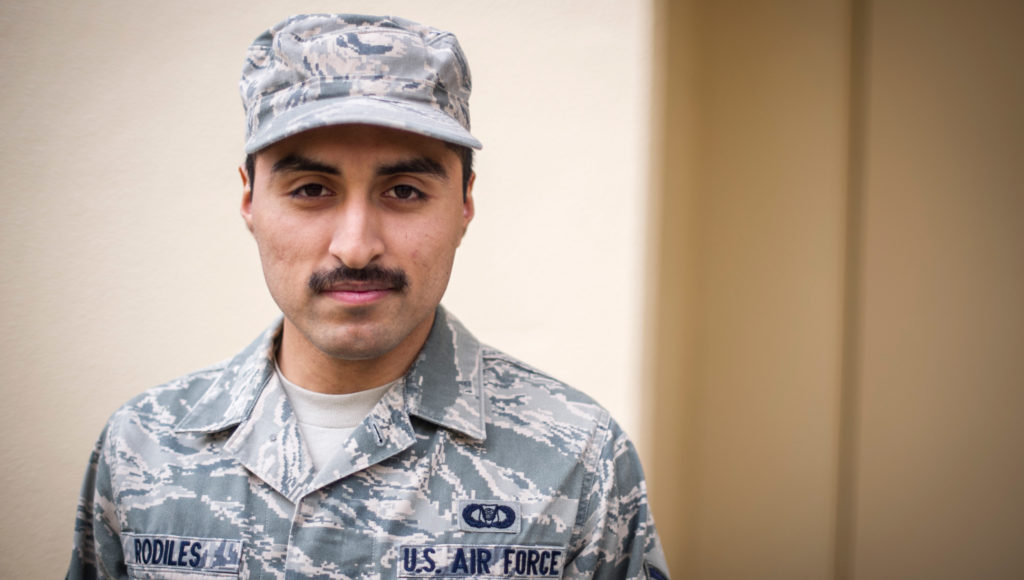
Mustaches are fine for society, but maybe not the army. A 1970s regulation stipulates that the only facial hair permitted with a uniform is a mustache. However, the mustache must be neatly trimmed. If they are too bushy, too long, or too squared off then the whole thing must be shaven. Who knew there was so much thought put into the shape of a mustache?
#14 Don’t Wig Out
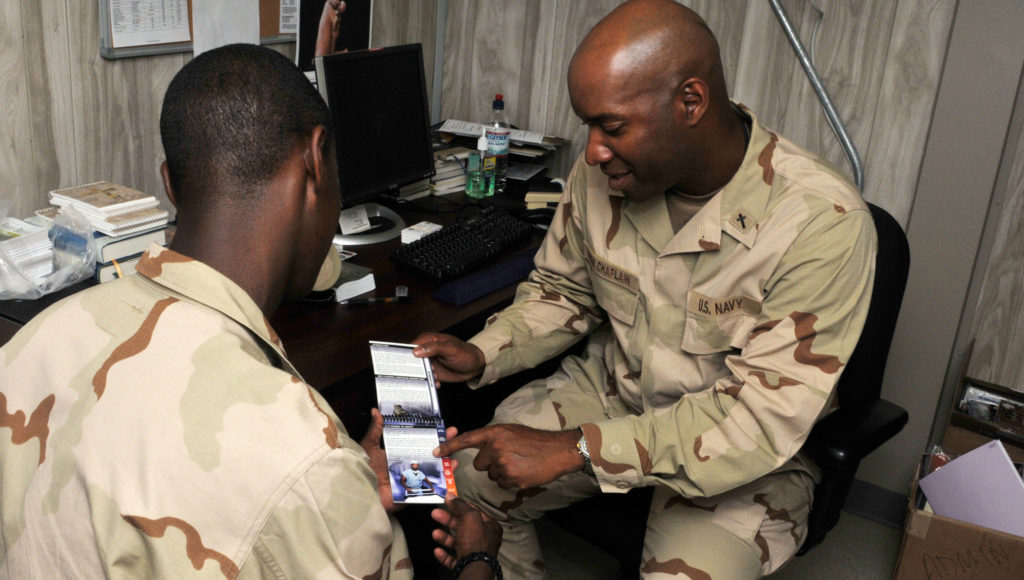
It should be expected that wigs or hairpieces of any kind would not be allowed if a soldier is wearing their uniform. However, the appearance code for the United States Army does make an exception. If you are bald, you may wear a wig. However, keep in mind there are limits. For instance, the wig must conform to the same criteria used for military haircuts. So it looks like your wig will sport a high and tight.
#15 Corn Rows Are Acceptable
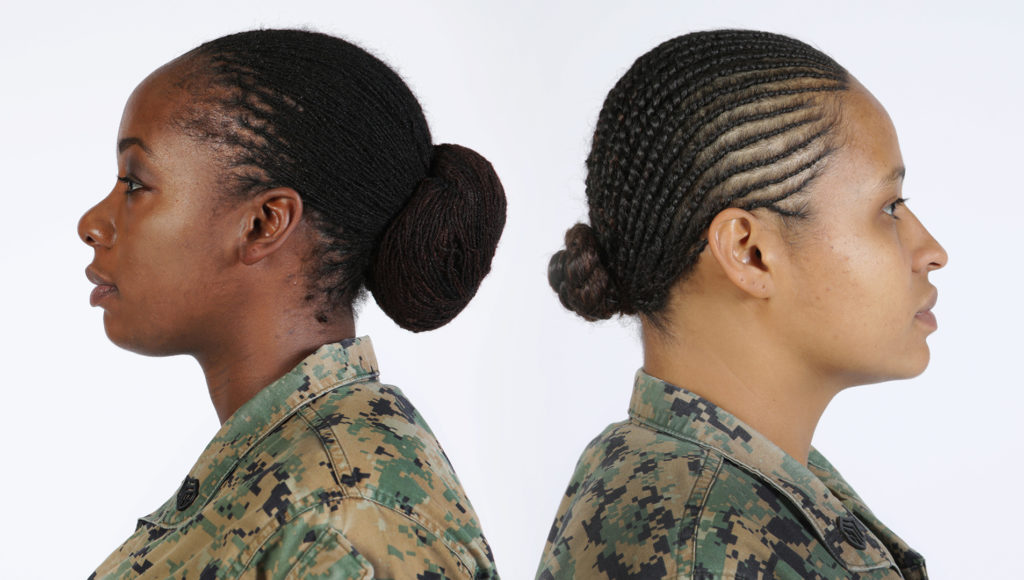
Close-cropped hair is always in style, yet modern close-cropped hair has been out until recently. Now, you can wear braids, twists, and cornrows as acceptable options. However, the diameter must not exceed 1/2 inch. Of course, how do they know? Maybe they break out some rulers and measuring sticks.
#16 No Cologne Or Perfume
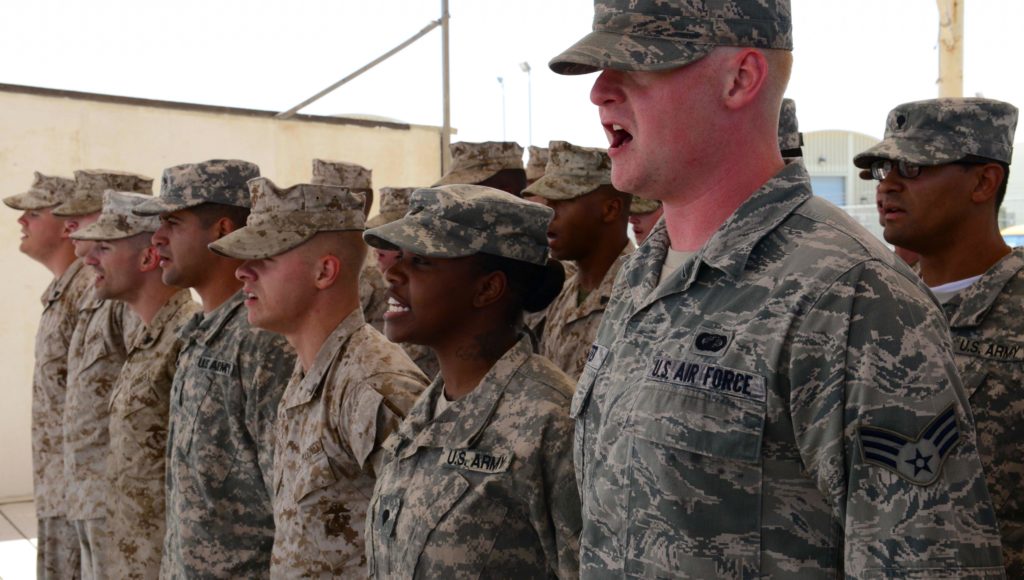
No cologne or perfume of any type is allowed in the military. You would think that peacetime might see restrictions relax, but it seems to be banned across the board. In fact, the Army says perfumes attract insects. They also discourage scented soaps for the very same reason.
#17 No Makeup In The Field
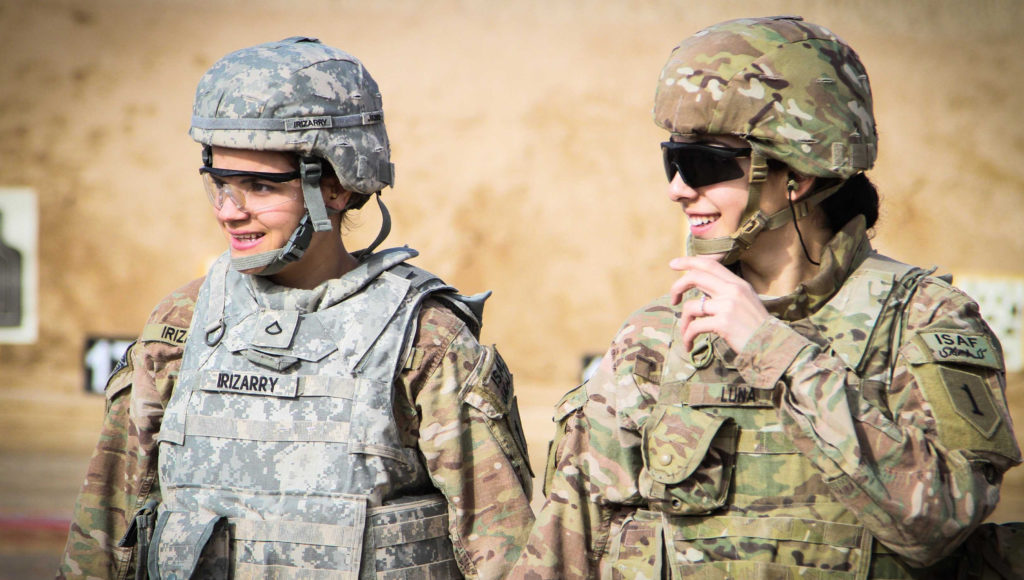
If an item can’t save your life, you don’t need it when you’re deployed. Therefore, cosmetics are not allowed in the field. They would simply take up valuable space and provide no combat benefit. Plus, imagine waking up in the jungle after wearing makeup and trying to take it off the next morning. What a pain that would be.
#18 Be A Sports Junkie
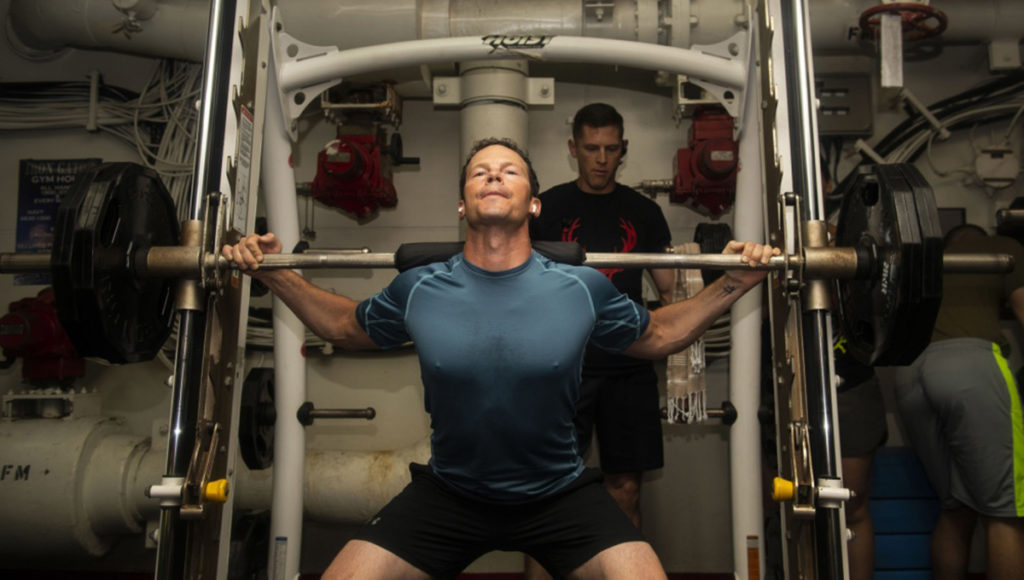
The Army takes health seriously, which is why exercise is important. It improves morale and physical effectiveness and promotes efficient behavior. Additionally, sports participation is encouraged to break up the routine of typical physical exercise. It’s no fun being fit if all you’re doing is push-ups. A friendly game of rugby is just as helpful and much more exhilarating.
#19 Keep Off The Grass
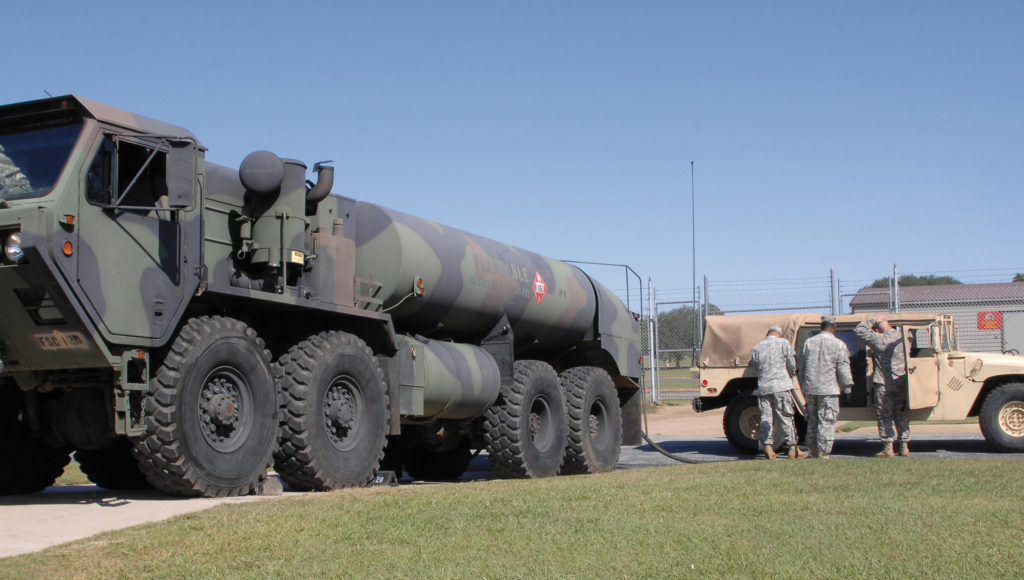
It’s okay to mow the grass. It’s okay to train on grass. However, don’t think about idly walking on it. That’s right, if green space decorates any Department of Defense office or building, walking on it is prohibited. Try this as a Marine and see what happens. It’s best to use the sidewalk, Private!
#20 No Loud Noises
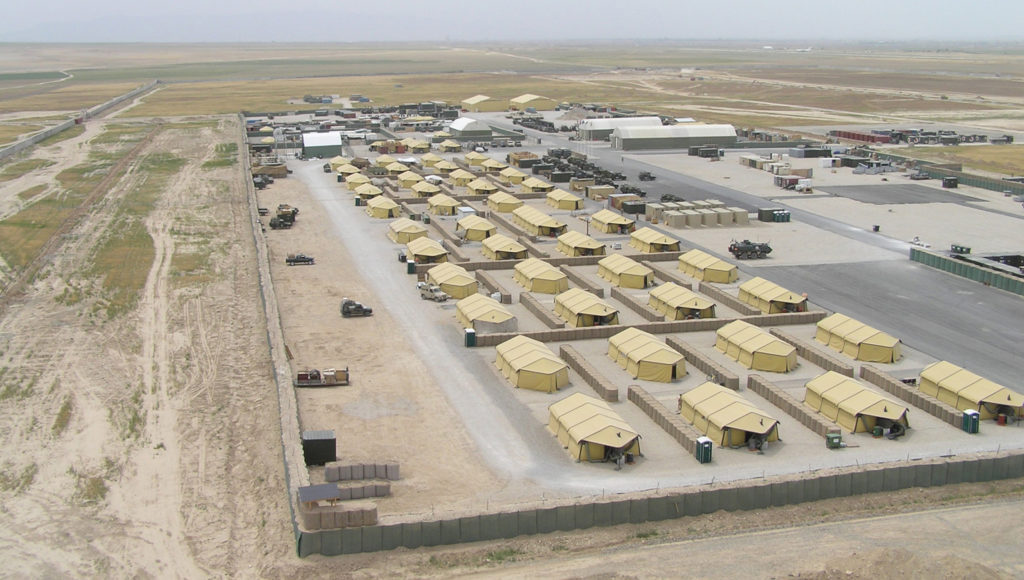
This one seems a bit counterintuitive. The Army only wants their soldiers to be exposed to high-intensity noise areas for the allotted time required for them to perform “critical tasks.” So, you can stick around for combat as long as you have to. However, don’t blast your Spotify playlist back at the bunker. That might be over the line.
#21 Women Need Water On Hand
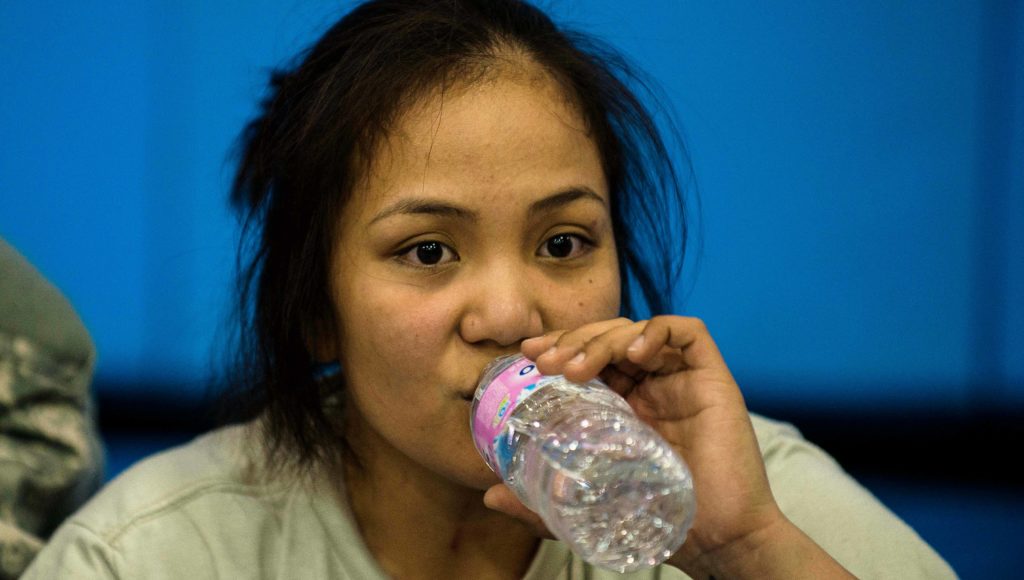
Female soldiers have more hygiene to consider than male soldiers, particularly in the field. Yet, war stops for no bodily function, therefore, the Army advises female soldiers to maintain themselves while on duty during menstruation using a washcloth, soap, and water. In order to keep enough water on hand for the task, they suggest a full canteen. If multiple female soldiers are menstruating then the suggestion is a 5-gallon container of water.
#22 No Eating Or Drinking In Uniform
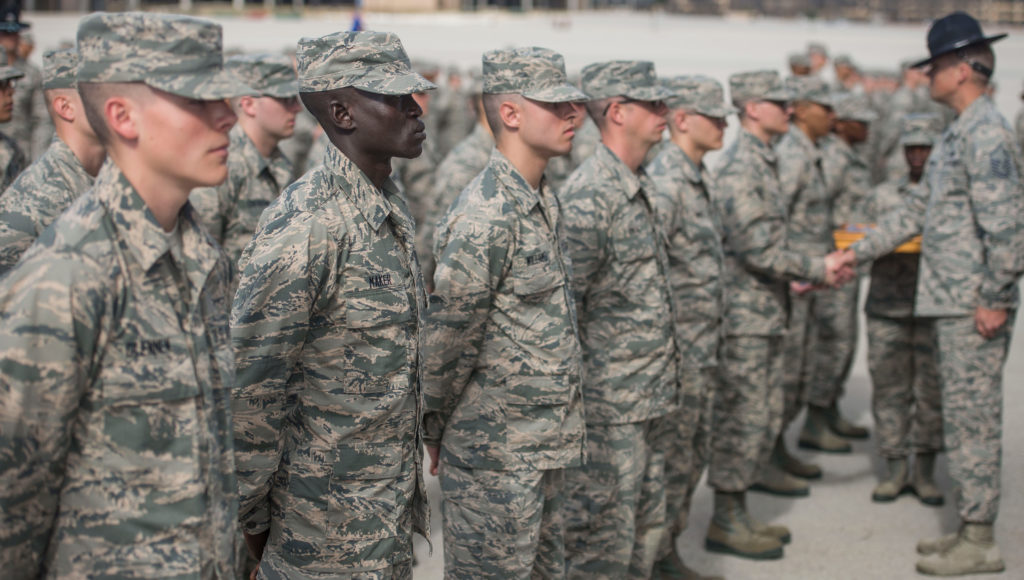
Okay so here’s the deal. If you’re in uniform you are in uniform. That means the only thing you’re allowed to do is be in uniform. No eating or drinking while marching. This helps maintain order and formation. Any service personnel found violating this rule will be severely punished.
#23 Fingernail Police
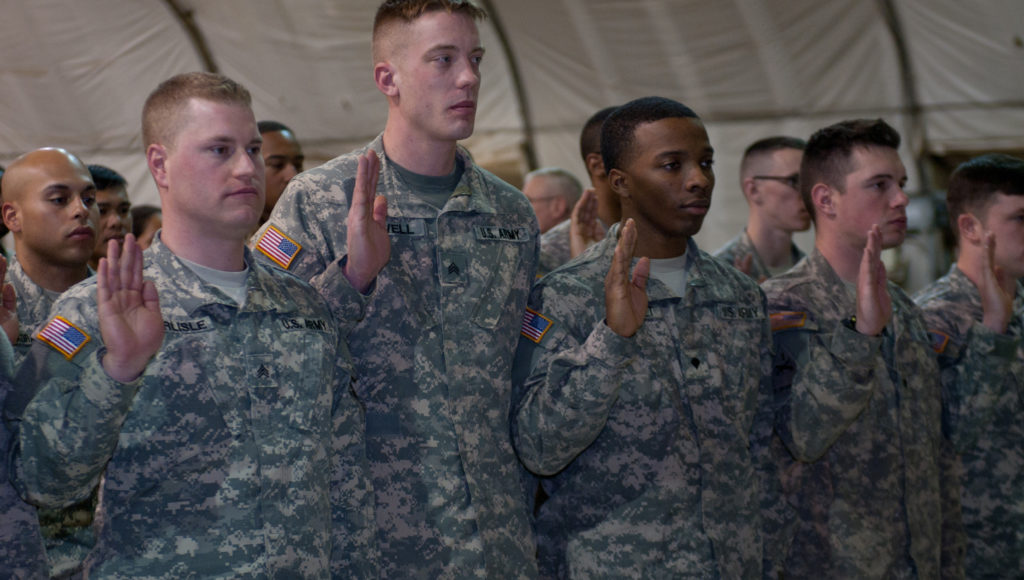
Here’s another interesting one. If you are male, your fingernails must not grow beyond your fingertips. If you’re female, you get a slight break. You can grow your nails 1/4 inch longer past your fingertip, but that’s it. However, your CO has the final call. If they tell you to trim your nails, you must do so.
#24 No Hands In Pockets
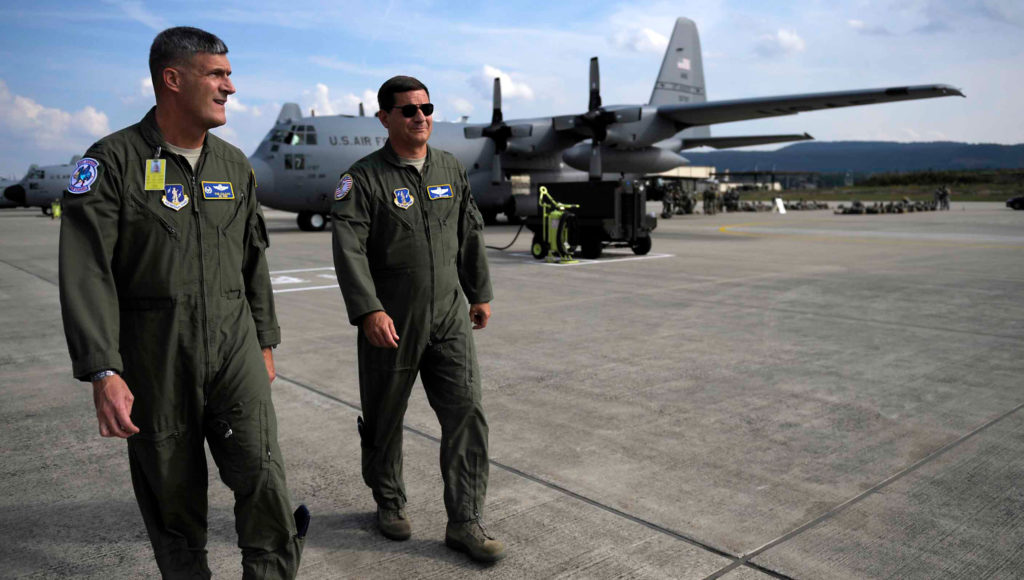
There is an odd rule surrounding hands in pockets. The general take is this: never put your hands in your pocket. It all has to do with the ability to salute quickly and how a soldier looks in uniform with their hands in their pockets. However, opponents of the practice say it’s a silly rule based on a completely subjective idea about people looking clumsy or unprofessional.
#25 Stand At Parade Rest
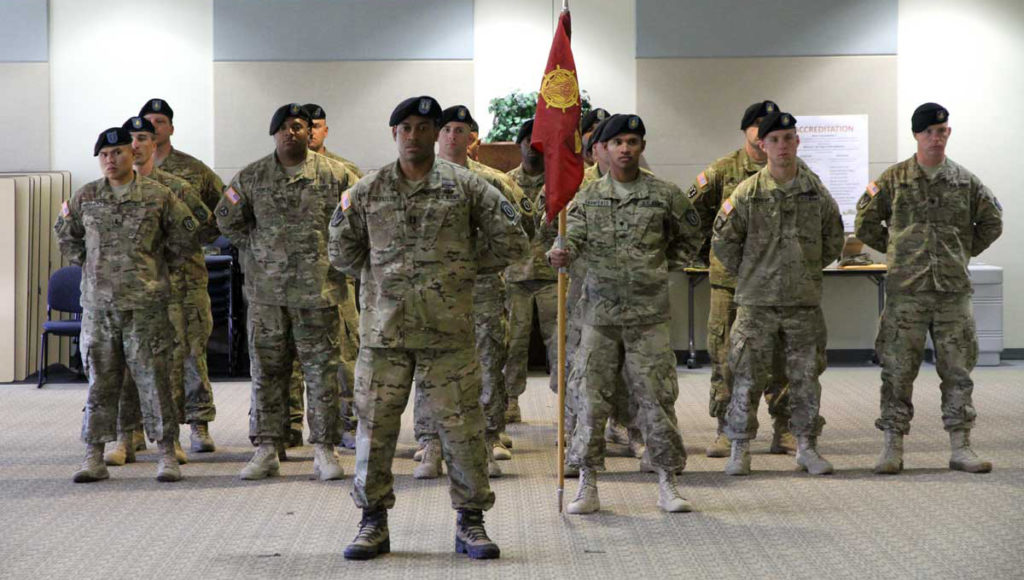
While it does nothing for unit cohesiveness, it is a hard and fast rule in some places. Junior service members must stand at Parade Rest when speaking with senior service members. Parade Rest involves standing with your feet shoulder width apart, with your hands behind your back, palms open, right over left.
#26 Safety Briefs And Inspections Suck
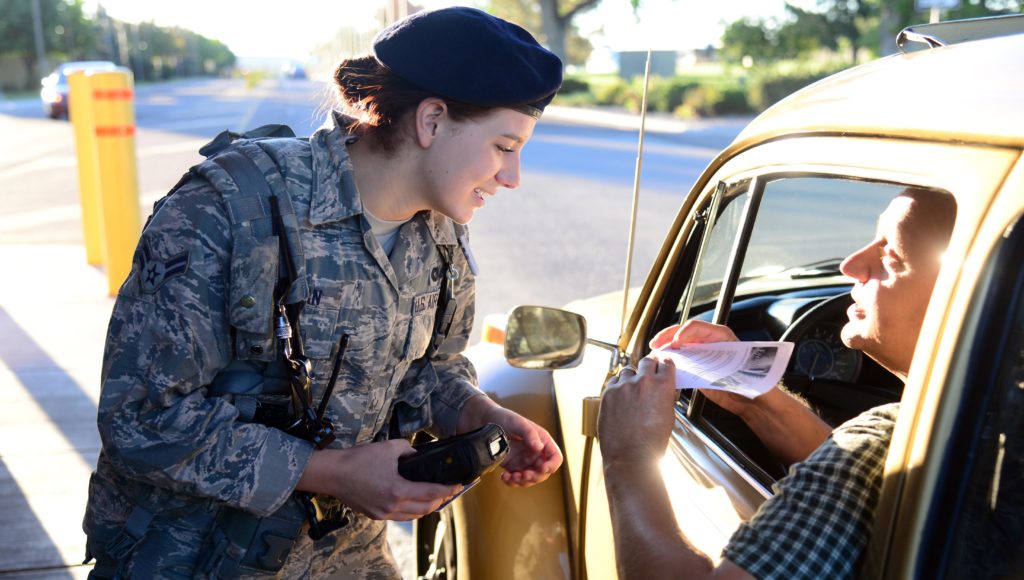
Every Friday, before troops reach the weekend, they let out a huge groan. This is where dreaded safety briefs and car inspections take center stage. While the briefs are generally brief, car inspections can be very involved depending on who is doing the inspecting. Yet generally, if the vehicle doesn’t look like a ghetto sled, the rule of thumb seems to be let the troops drive them.
#27 ORM For Sports
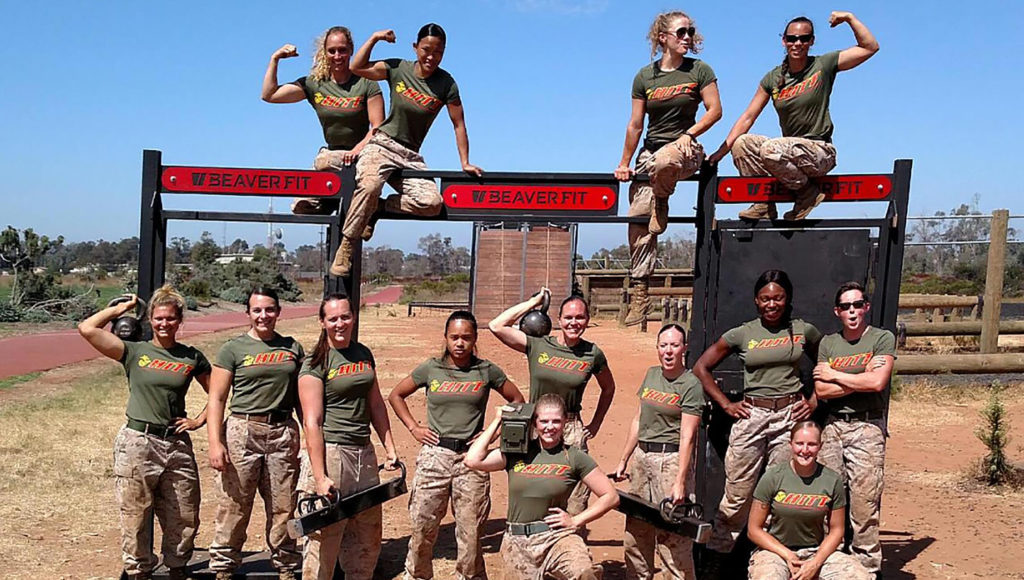
Operational Risk Management can be a bit long in the tooth at times. This is the paperwork process that requires service personnel to identify every potential risk factor, and how to minimize or eliminate them, before training is conducted. The Pentagon, in particular, loves ORM. Yet, why is it necessary if troops want to engage in basketball on a weekday afternoon for physical training. Just let them shoot hoops?
#28 No Cellphones While Walking
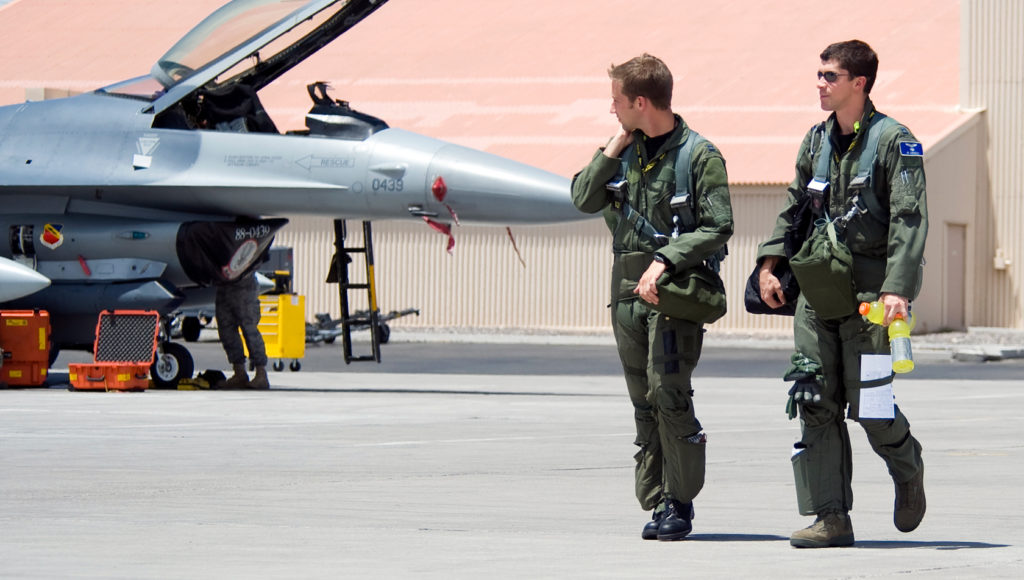
While most of us understand no texting while driving, in the military you can’t even walk while you talk. It looks unprofessional and service members need to be ready in case senior officers approach. Most military personnel dislike this regulation. The thought process of some is that if a service member is so clueless they would miss saluting senior personnel, having a phone in their hand would not make much difference.
#29 Too Many Tabs Kept
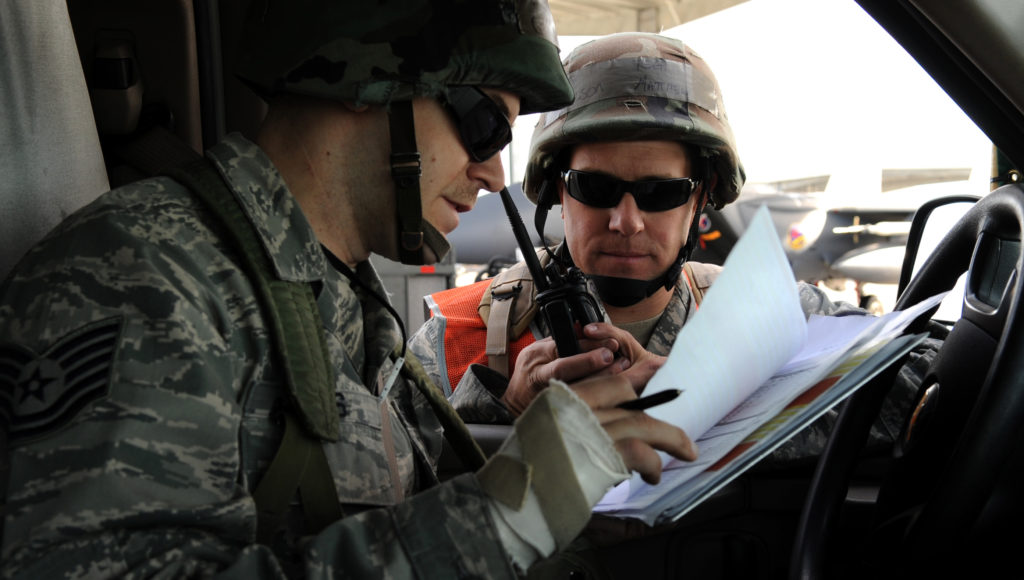
Checking in and checking out, whether it be a military or civilian scenario, can be tedious. Service members are required to do so every time they leave or join a unit. Honestly, the list of locations a military service member must go to get the required signatures is long. As for the troops, they only have two main concerns: are they getting paid and do they have all of their gear. Beyond that, it’s just bureaucratic formalities.
#30 Don’t Jump Ship
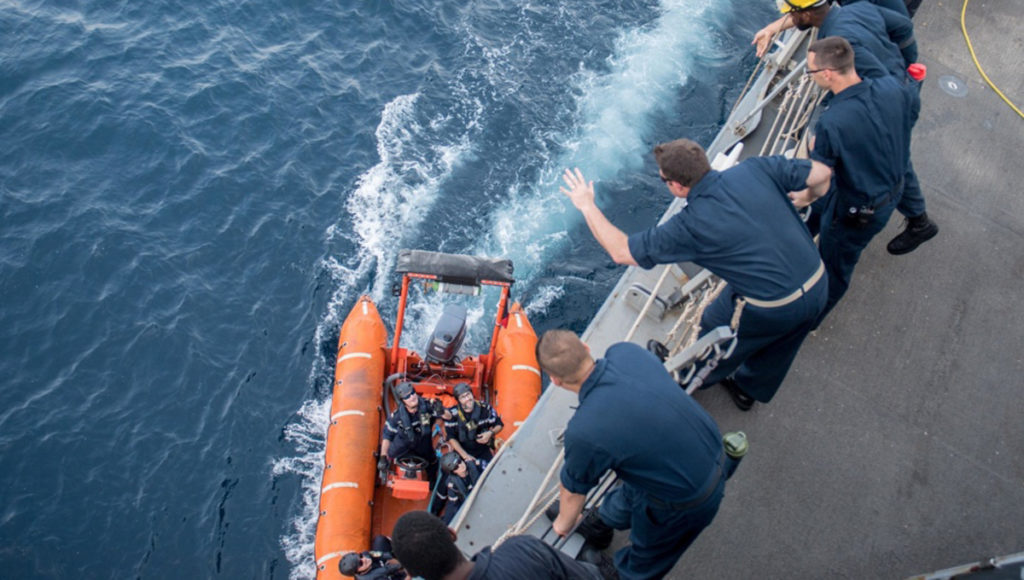
As it turns out, under article 134 of rules set forth by the Department of Defense, it’s unlawful to jump ship. However, if you happen to fall overboard that’s perfectly okay. Just make sure you do not willfully enter the water. Doing so could get you one of three prizes; bad conduct discharge, allowance forfeiture/pay, or six months confinement. Ouch.
#31 Pens Are A Big Deal
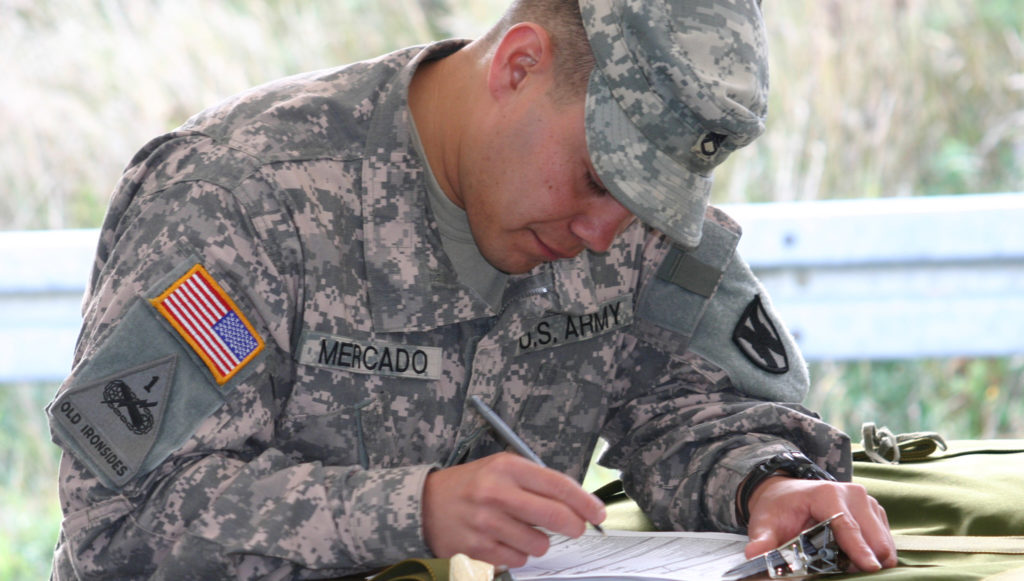
The military takes their pens seriously. In fact, they are labeled as “skill craft” for technical purposes and consist of seven unique parts. They also must pass certain qualifications set forth by a 16-page military spec manual. A couple of the most interesting is a pen must be able to write for at least a mile with no fading. It must also be able to operate within a temperature range of -40° to 160° Fahrenheit. Interestingly enough, this regulation can be traced back to the Great Depression.